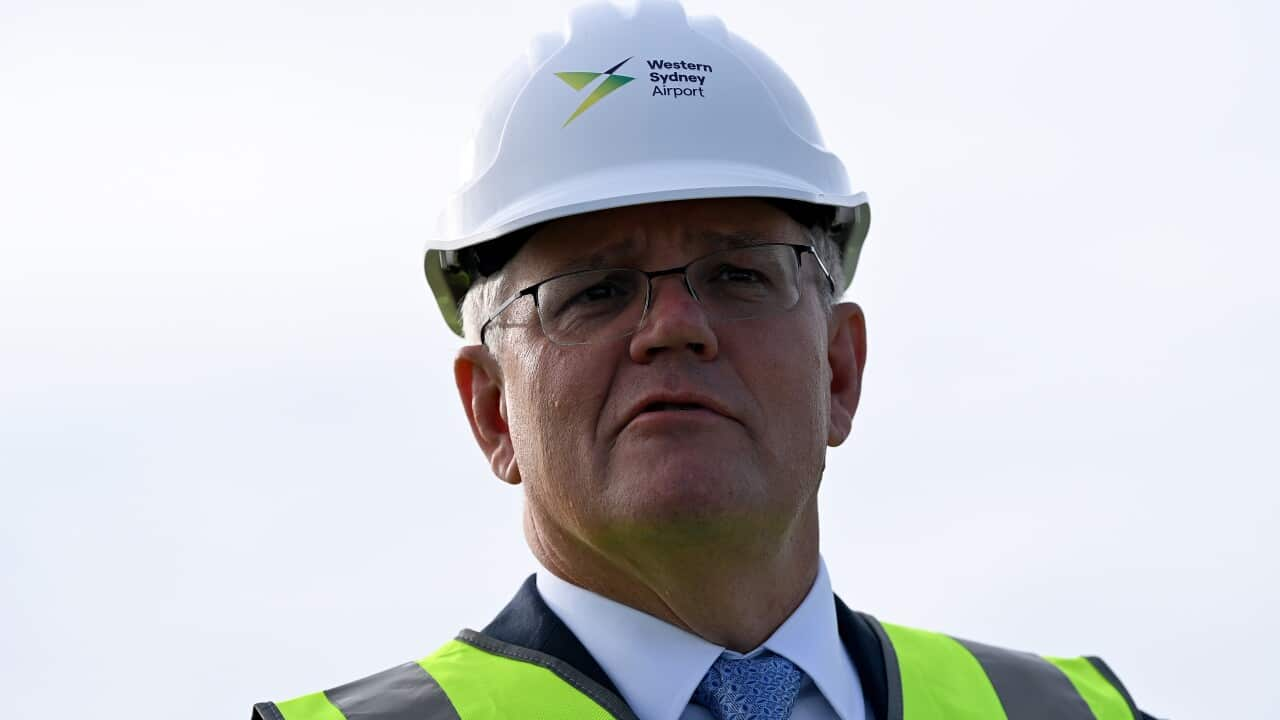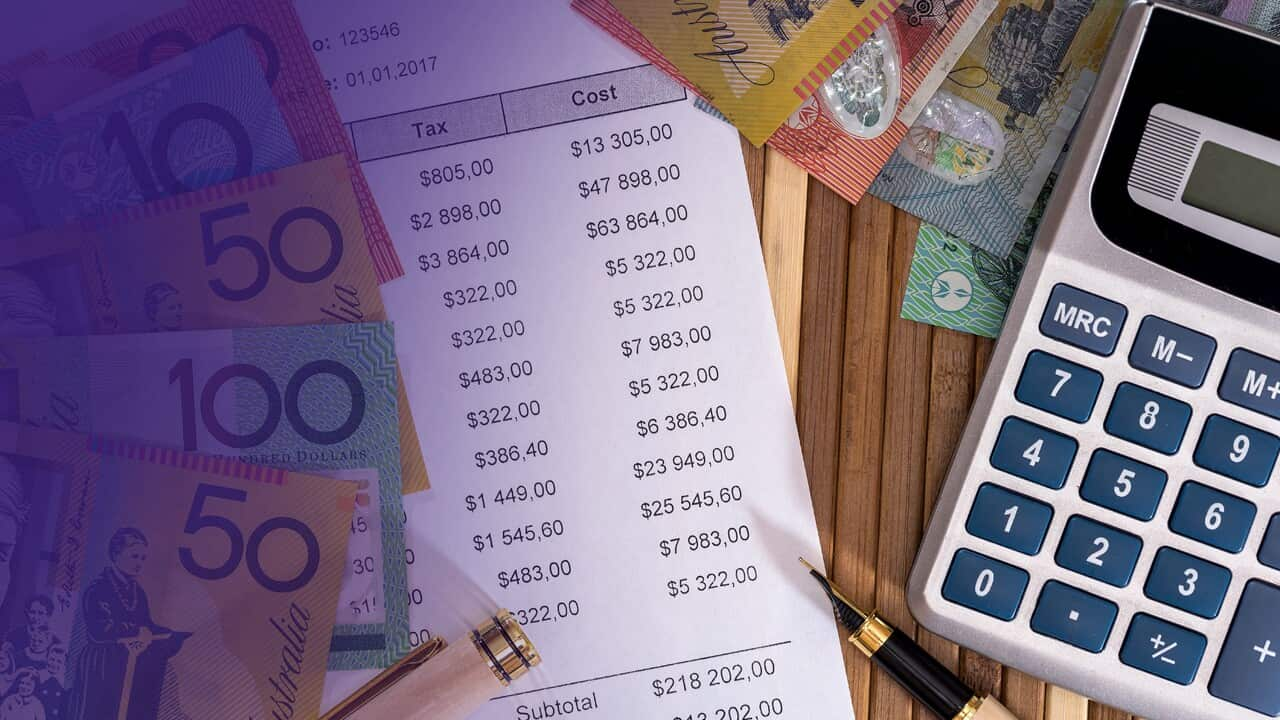Eduardo spends most of his days cooking in the kitchen of a busy cafe on the Gold Coast's south side.
He earns around $28 an hour on weekdays and $32 on weekends. After working for about a year, a change of ownership at his workplace meant his wages did not increase.
“They just asked if $28 was okay … I didn’t get [to negotiate] any deal with the new owner so kept the same rate,” Eduardo said.
He said he's been okay with his pay, but now, with the prices of everyday items going up, he empathises with small business owners. He also thinks wages should increase to keep up with the cost of living.
"Everything's expensive - even for my boss. I work in a small coffee shop so it’s difficult for them to increase my salary.
"Coming from Chile, I still think the money’s good. But if everything gets more expensive, then there should be increases [to pay]."
The Australian Bureau of Statistics (ABS) Wage Price Index showed base pay rose 2.3 per cent in 2021, with the accommodation and food services industry recording the highest rate of growth in the period at 3.5 per cent. However, wage growth in 2020 was a mere 1.4 per cent.
The Chilean national said although he didn’t see any growth in his main job, his wage did increase by a couple of dollars an hour last year at his second job at a local restaurant.

Eduardo works as a chef for 50 - 60 hours per week to make ends. Source: SBS News / Supplied
Workers' unions are concerned about wage growth shown in statistics and predictions - and the contrast against 'real wages', or the purchasing power of someone's salary.
“The average worker in Australia earned about $68,000 a year [last year] and got a real wage cut of $800,” Australian Council of Trade Unions (ACTU) secretary Sally McManus said.
“$10 today buys less than $10 did before. If you don’t have a pay rise that keeps up with inflation, which is running at three-and-a-half per cent, you’re not keeping up with the prices rising everywhere.
“You may be getting the same money, but that money is worth less," she said.

Wage growth for industry sectors showed annually from 2020 - 2021 and for last year's December quarter. Source: SBS News / ABS Wage Price Index
“Historically, a more normal environment for wages would be growth running at about three per cent per annum, whereas we've had wages running at about two per cent per annum over recent years,” Ms Mousina said.
The senior economist said the reason some people may not feel their wages or salaries increasing, is due to both slow wage growth and inflation.
According to the Consumer Price Index (CPI), Australia’s inflation rate increased by 3.5 per cent in the 12 months to the December 2021 quarter.
"We haven't seen the signs yet that there is this strong level of wages growth coming through, but I think we'll get it in the next few months.
"Hopefully that should give consumers a bit of a boost," Ms Mousina said, optimistic about what economists have predicted to come.
Increasing wages have left another demographic feeling the pressure: small business owners.

Brisbane-based beauty business owner Mariana Fataccioli is feeling the pressures of increased business costs. Source: SBS News / Supplied
Ms Fataccioli had to increase staff wages three times in 2021 under the instruction of their Fair Work Award and said: "Every increase has been around 70 cents to $1, which adds up over the course of the year and pretty much adds an extra wage. So, even though we have five staff, we're paying for six."
Ms Fataccioli also mentioned she is not alone in feeling the struggle of rising business costs, which has only been exacerbated by recent events like floods, the COVID-19 recovery process, and the war in Ukraine.
"I have friends with businesses in transport, hospitality, real estate and construction, all experiencing financial blows, especially those who are going through immediate price increases for things like fuel, more expensive materials, and the shipping of those, " she said.
"So while it's stressful, I feel pretty lucky. I still have to pay increases in rent and fuel. We're at a time where the price of everything is going up so pay has to go up and as a business, we just need to work with what's happening in the world at the moment."











